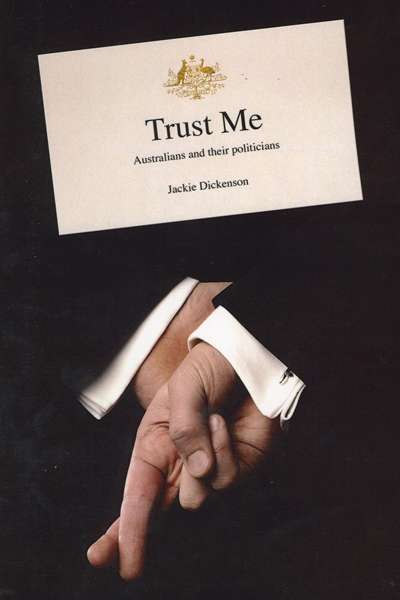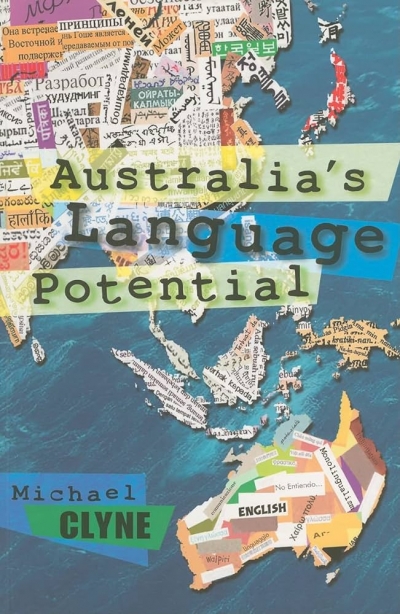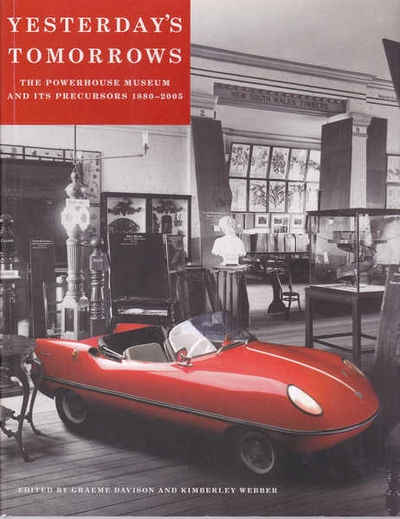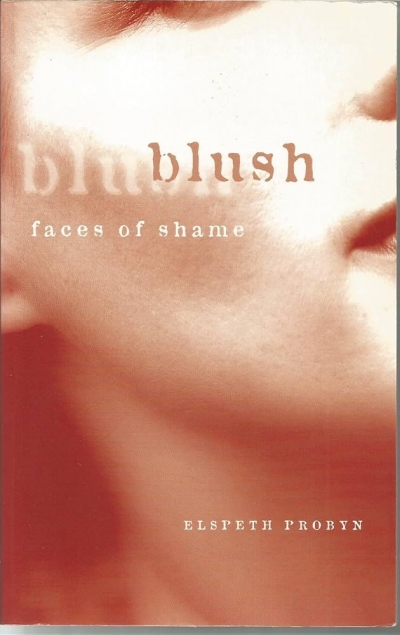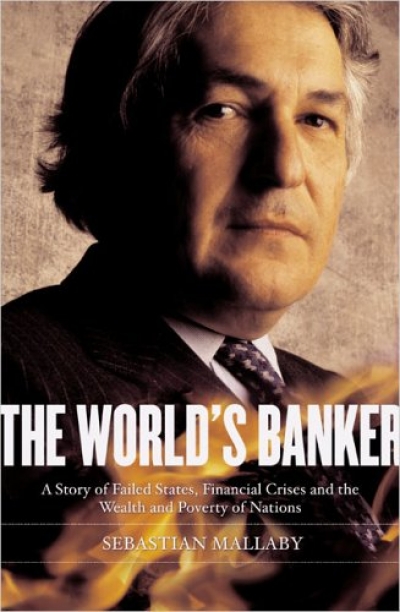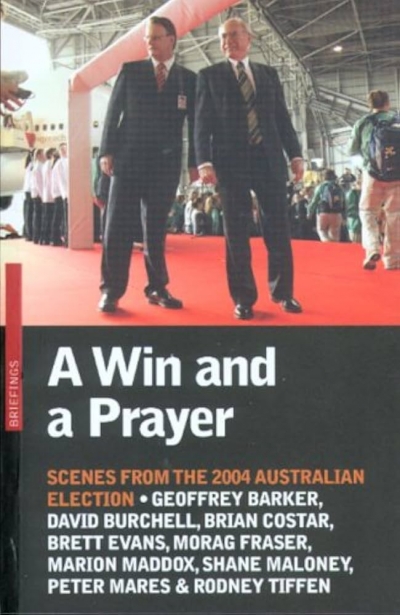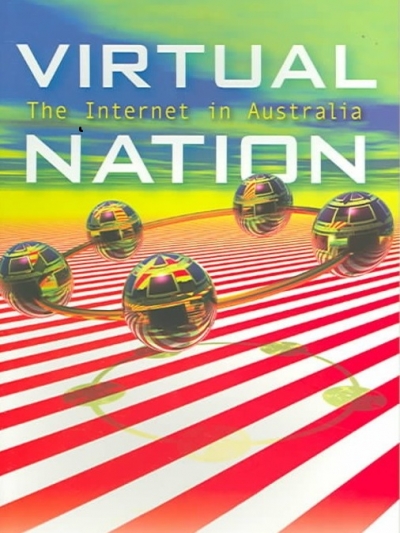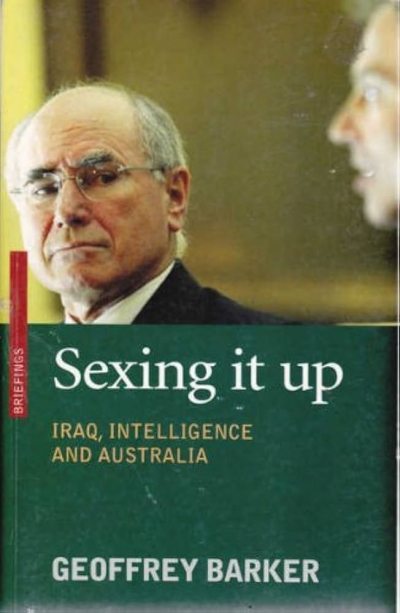University of NSW Press
Trust Me: Australians and their Politicians by Jackie Dickenson
by Russell Marks •
Culture Crisis: Anthropology and Politics in Aboriginal Australia edited by Jon Altman and Melinda Hinkson
by David Trigger •
Australia's Language Potential by Michael Clyne
by Bruce Moore •
Yesterday's Tomorrows: The Powerhouse Museum and its precursors 1880-2005 edited by Graeme Davison and Kimberley Webber
by John McPhee •
The World's Banker: A story of failed states, financial crises and the wealth and poverty of nations by Sebastian Mallaby
by David Langsam •
A Win and A Prayer edited by Peter Browne and Julian Thomas & Run Johnny, Run by Mungo MacCallum
by Philip Selth •
Virtual Nation: The internet in Australia edited by Gerard Goggin
by Joel Deane •
Sexing It Up by Geoffrey Barker & Why the War was Wrong edited by Raimond Gaita
by Nathan Hollier •

